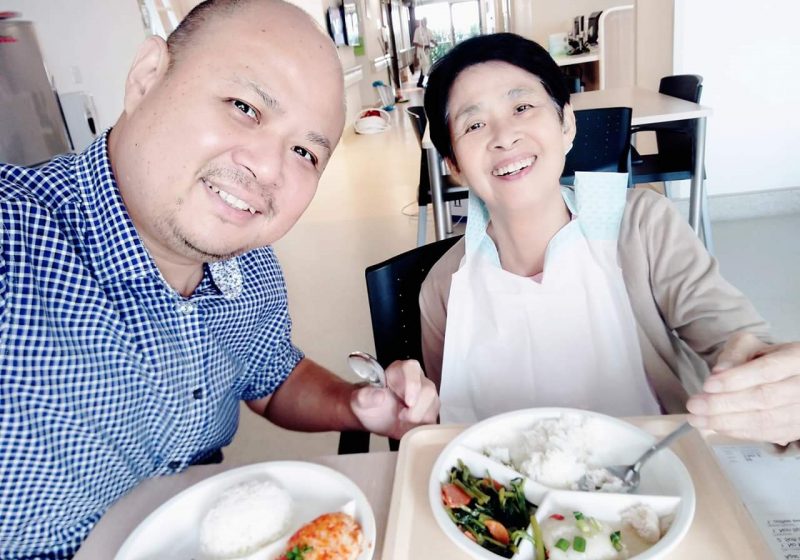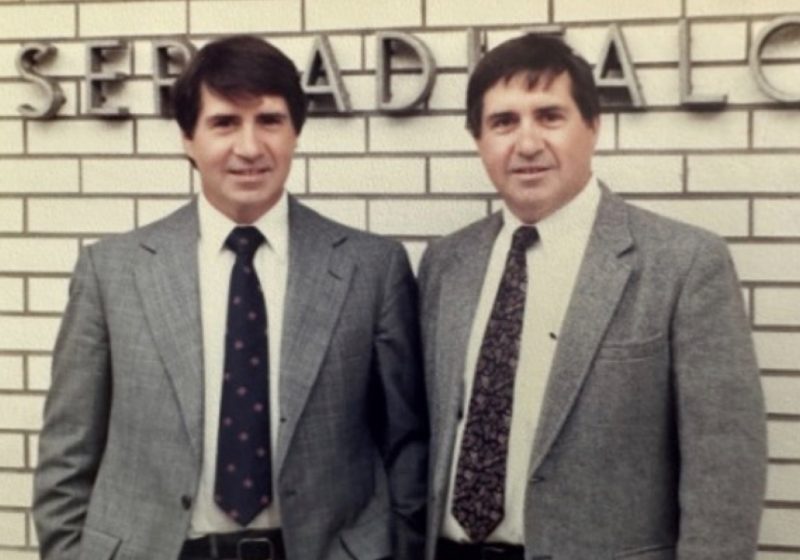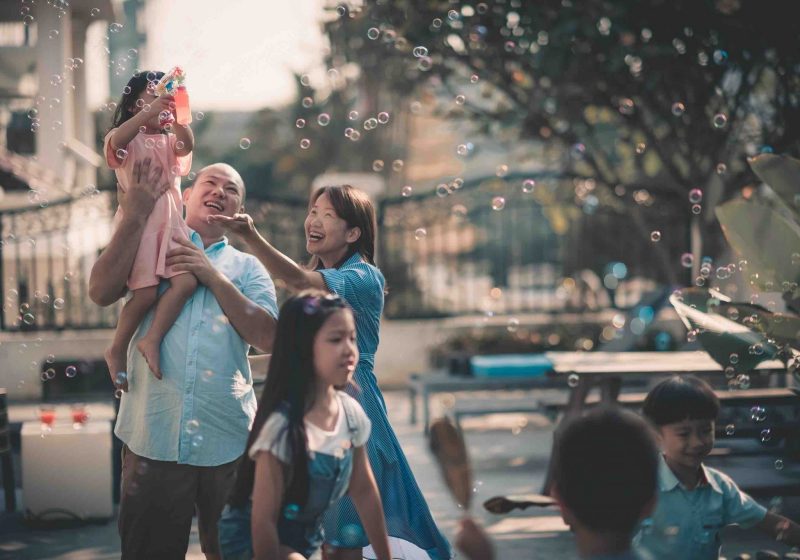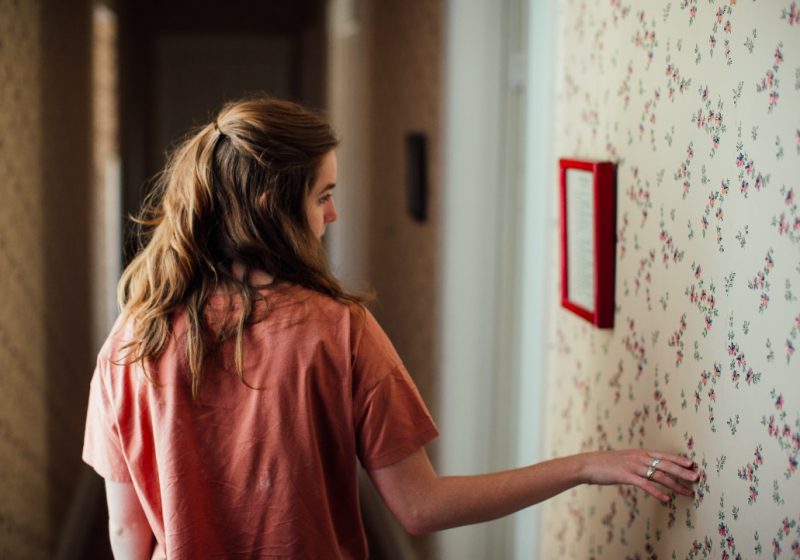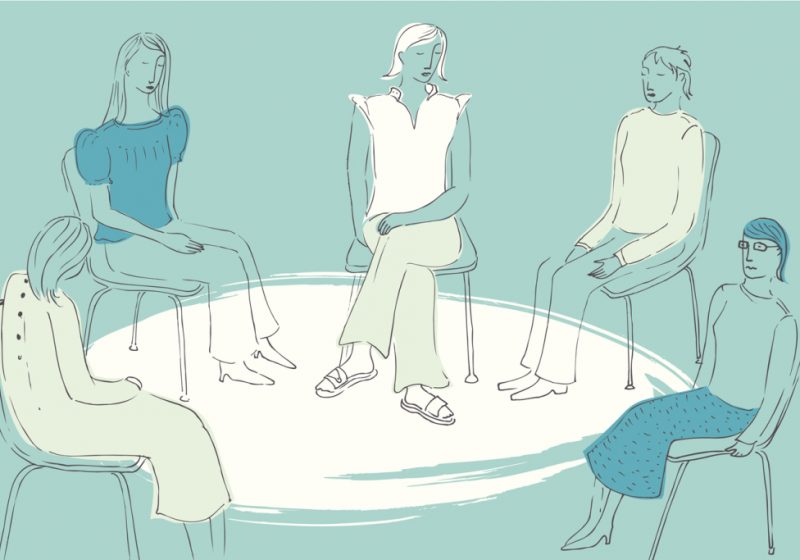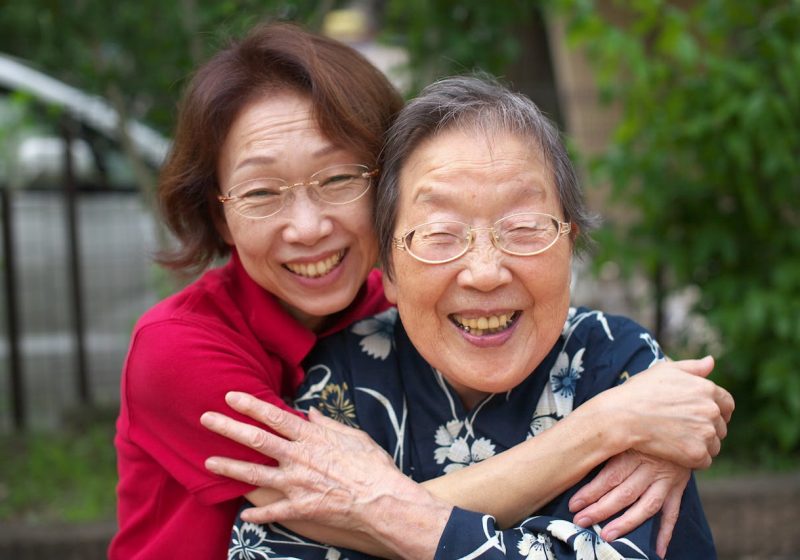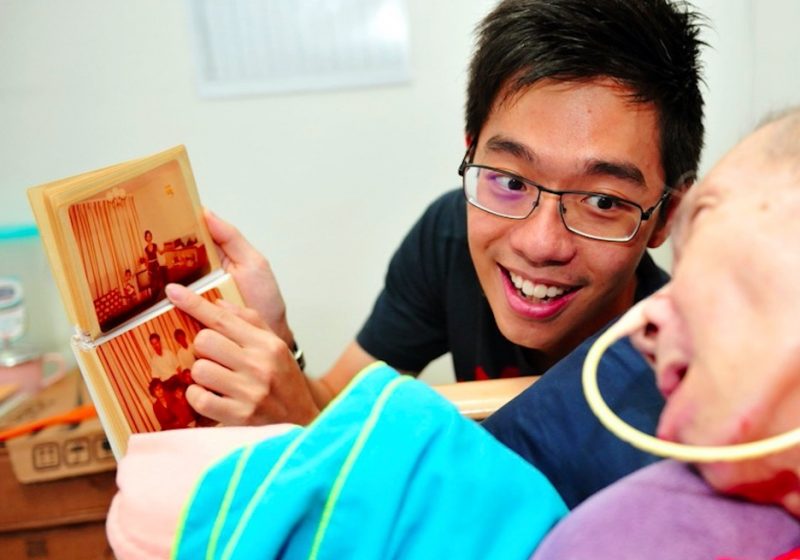Before We Forget, also known as The Kid from the Big Apple 2: Before We Forget (我来自纽约2:当我们在一起 in Chinese), is a 2017 Malaysian film by director Jess Teong. The movie gives an Asian take on caregiving – highlighting key issues and problems that arise when a family embarks on their journey with dementia.
By Clarence Oo
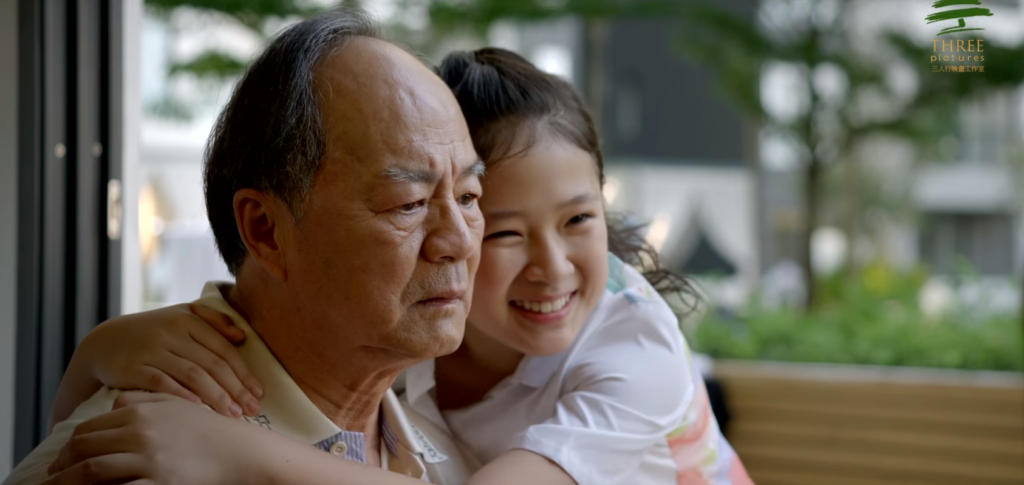
If Hallmark made a movie about an Asian family living with dementia, Before We Forget would be it: a feel-good family drama centred on hope, which represents and discusses a tough social issue through PG-friendly tropes that offend nobody.
Also known as The Kid from the Big Apple 2: Before We Forget (我来自纽约2:当我们在一起 in Chinese), the 115 minute movie is a 2017 release from Malaysia’s Three Pictures. At its core, it is about an Asian family coping with and embarking on their caregiving journey and highlights key issues faced when coming to terms with dementia. And producer/screenwriter/director Jess Teong does this very well – by challenging traditional Asian (mis)perceptions of dementia through strong storytelling for a popular audience.
This brings us to the film’s significance – as most conversations and images of dementia come from the West. Before We Forget puts an (all East) Asian face to the condition – which for starters, flavours its message about dementia and caregiving more palatable for traditionally resistant Asian viewers.
Before We Forget – What’s the Story?
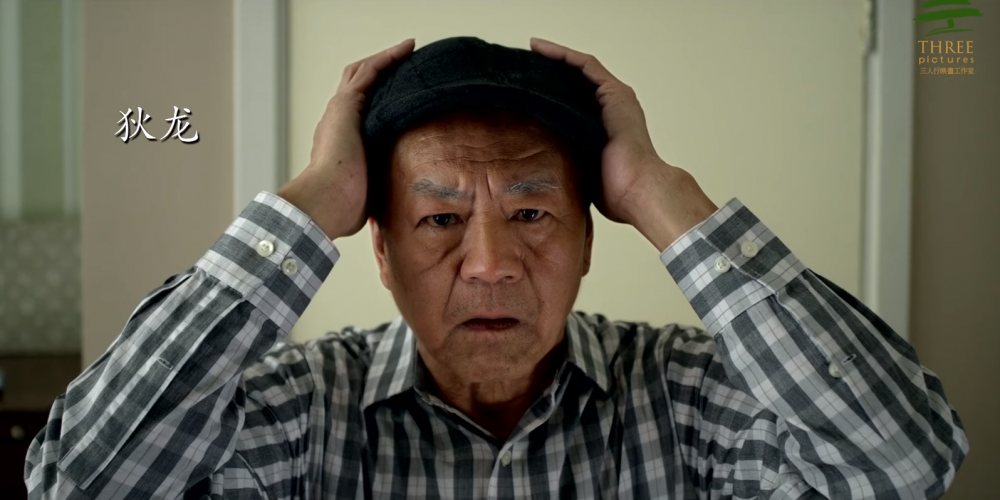
That face in question is of 70s Hong Kong martial arts film heart throb Ti Lung (a.k.a Tommy Tam), who plays Old Master Lin – a retired traditional Chinese physician and doting grandfather who begins to exhibit symptoms of dementia.
The story begins with Old Master Lin moving into a new condominium after selling his home in the working class suburbs of Kuala Lumpur, Malaysia’s capital city. There, he is eagerly awaiting the return of the two most important people in his life: his daughter Sophia (played by former beauty queen Debbie Goh), a successful fashion designer and single mother, and his precious granddaughter Sarah (played by Golden Lotus Award winner Tan Qin Lin).
A day after their joyous reunion at the airport, Old Master Lin realises that something is amiss with his memory. The children, Sarah and her romantic pursuer Hao Nan, discover this too, and embark on an ingenious plan to ‘cure’ Grandpa (cue Home Alone-styled montage), while hiding his condition from the other adults…
Despite the resourcefulness of Old Master Lin’s young caregivers – their secret can’t be hidden for long. And from here, many moments are unearthed to discuss dementia’s effects on the family. Most of these scenes are focused on Old Master Lin’s determined race against time to avoid becoming a burden to his family, and to ensure that his daughter, a single parent, has a partner to support her through the days when he is eventually lost to dementia.
“What you get here are inspiring moments of ordinary people getting over the what if’s and why’s to make the best of a family crisis”.

Dementia, and the Asian Family Condition
Old Master Lin has his own demons to overcome – many of which deal with his reduced sense-of-self and independence. Why would he, a traditionally trained Chinese doctor, want to see western specialists to treat his condition? Why should he move to New York with his daughter, and become a hindrance to her career there? Should he face dementia alone by himself and spare his family the painful journey ahead?
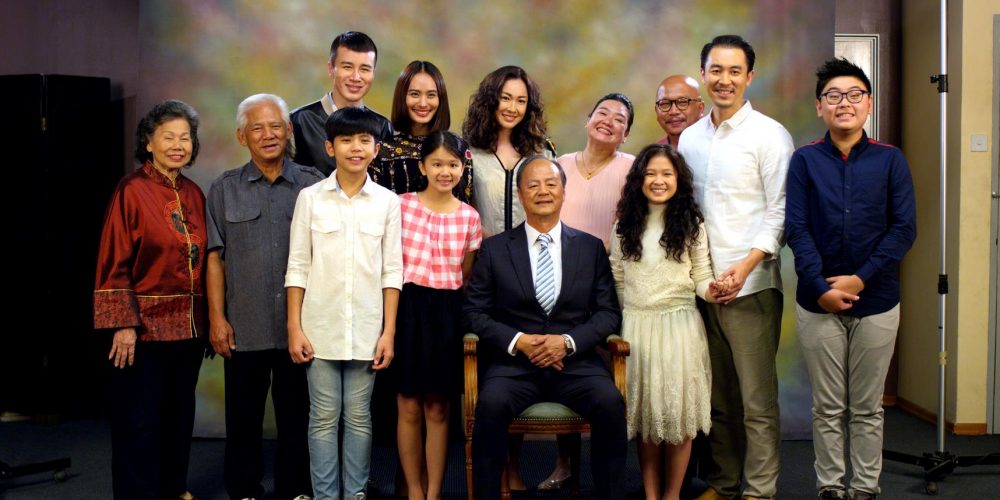
In one scene, Old Master Lin even goes as far as to consider checking himself into a nursing home – a last gasp, desperate attempt to exert control over his remaining days from a debilitating condition. He is stopped by Meng, his old working class neighbour, who dissuades Old Master Lin with a heartbreaking story of his own: Meng, then a sole caregiver to his Mother with dementia, had let her die alone in a nursing home because he was too busy making ends meet to provide for her care. He pleads with Old Master Lin not to distance himself from his own family, given their better financial situation, and allow them chance to walk with him through his last days.
And the resulting revelation? Dementia doesn’t just affect people who have it, but also their loved ones who care for them. The film further explores reactions and responses from Old Master Lin’s close friends and family – who in many poignant moments, overcome regrets, differences, and difficult situations to rally around their loved one. Call it caregiver guilt, stress, or sundowning – but what you get here are inspiring moments of ordinary people getting over the what if’s and why’s to make the best of a family crisis.
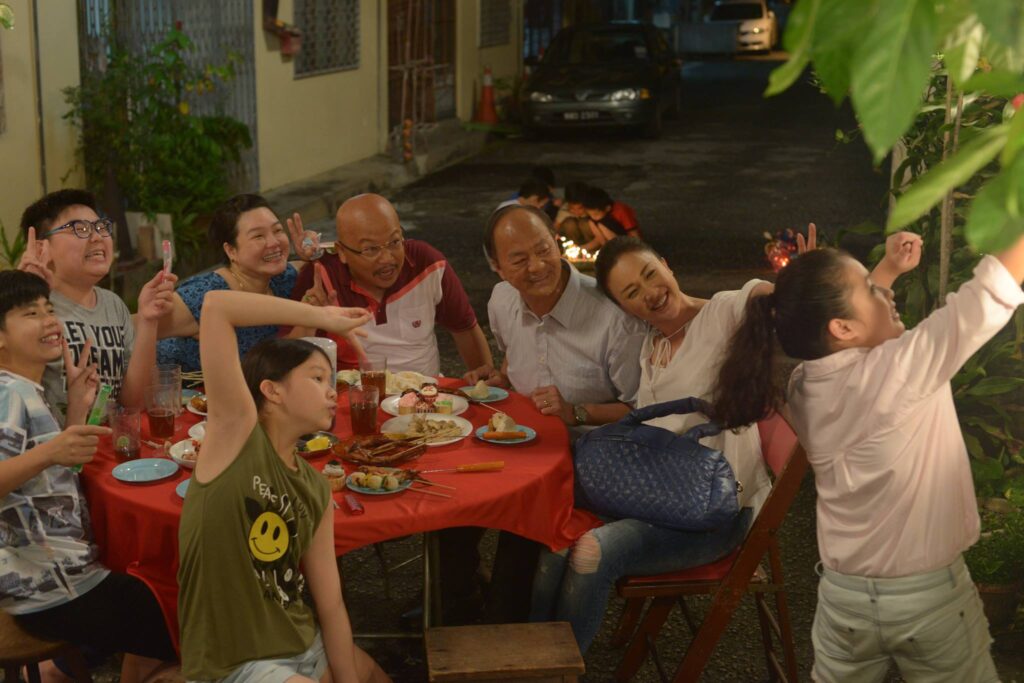
Before We Forget makes for Great Family Viewing
To sum it up – Before We Forget is an excellent film to start that conversation with your family – even more so, if you come from a Chinese background. The film has its finger on the attitudes of elder generations towards dementia (as an eventuality of ageing) – and with its heartwarming delivery, asks if we can look at these issues with a less fatalistic approach.
Finally, while director Jess Teong has indicated that it is unfair to label Before We Forget as a ‘dementia movie’, the film offers perspectives for the audience to reframe our attitudes towards dementia. Many caregivers do encounter prolonged periods of grief and hopelessness – but the film’s message here is uplifting: Don’t lose hope – take joy in being together, because despite what dementia will take away from you, what matters is the love that remains.


